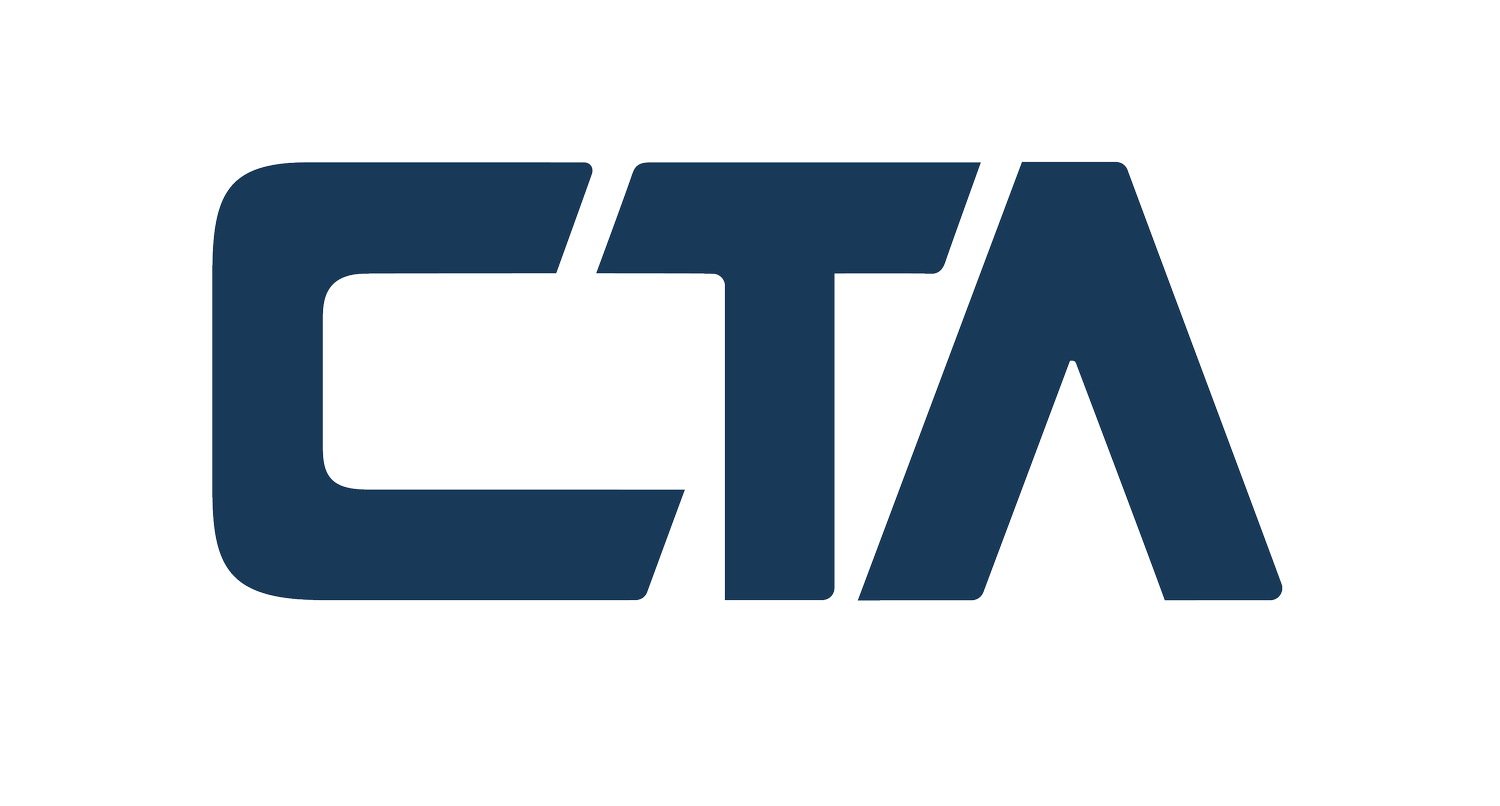Corporate tax planning is often shrouded in misconceptions that can lead businesses to make costly mistakes or miss out on valuable opportunities. From overestimating the complexity of tax incentives to underestimating their benefits, these myths can hinder your business’s growth and financial health.
Let’s set the record straight by debunking five common corporate tax myths.
1. Myth: Tax Incentives Are Only for Large Corporations
One of the most pervasive misconceptions is that tax incentives are exclusively for big businesses with extensive resources. The reality? Many tax incentives, such as R&D tax credits, hiring incentives, and energy-efficiency deductions, are designed to support small and mid-sized businesses as well.
By consulting with a tax advisor, smaller companies can uncover opportunities tailored to their industry and operational scale, ensuring they’re not leaving money on the table.
2. Myth: Corporate Tax Planning Is Too Complex
While tax codes can be intricate, effective corporate tax planning doesn’t have to be overwhelming. With the help of skilled tax advisors, businesses can break down the complexities into manageable strategies that align with their goals.
A proactive approach—integrating tax planning into your overall business strategy—makes navigating tax laws more straightforward and far less daunting than many believe.
3. Myth: Paying Taxes Late Is Cheaper Than Filing On Time
Some businesses operate under the assumption that delaying tax payments or filings will save them money in the short term. In reality, late filings and payments often result in hefty penalties and interest charges that can quickly spiral out of control.
The best way to manage your tax obligations is to plan ahead and ensure timely compliance, avoiding unnecessary costs and potential legal issues.
4. Myth: Tax Planning Isn’t Necessary for Startups
Startups often focus all their energy on growth and fundraising, overlooking the importance of tax planning. However, early-stage companies can benefit significantly from strategic tax planning, especially when it comes to identifying deductions and credits that offset initial costs.
Incorporating tax planning into your startup’s roadmap can free up capital for reinvestment and set a strong foundation for sustainable growth.
5. Myth: Tax Savings Come Only from Loopholes
Many business owners wrongly equate tax savings with exploiting loopholes. However, the majority of tax-saving strategies involve fully legitimate and government-approved deductions, credits, and incentives. These are designed to encourage behaviors that benefit the economy, such as hiring, innovation, and sustainability.
By working with knowledgeable tax professionals, you can ethically and transparently optimize your tax position without resorting to dubious practices.
How to Avoid Falling for Tax Myths
Understanding the truth behind these misconceptions is just the first step. Here’s how to ensure your business benefits from accurate and effective tax strategies:
- Consult with Experts: Work with corporate tax advisors who can provide clarity and tailor strategies to your unique needs.
- Stay Informed: Regularly update yourself on tax law changes and available incentives.
- Integrate Tax Planning: Make tax considerations a core part of your business strategy from the start.
Conclusion
Corporate tax myths can cost your business valuable opportunities for savings and growth. By debunking these misconceptions and taking a proactive, informed approach, you can make smarter financial decisions and optimize your tax position.
Don’t let myths hold your business back. Partner with experienced tax professionals to unlock the full potential of your corporate tax strategy.








